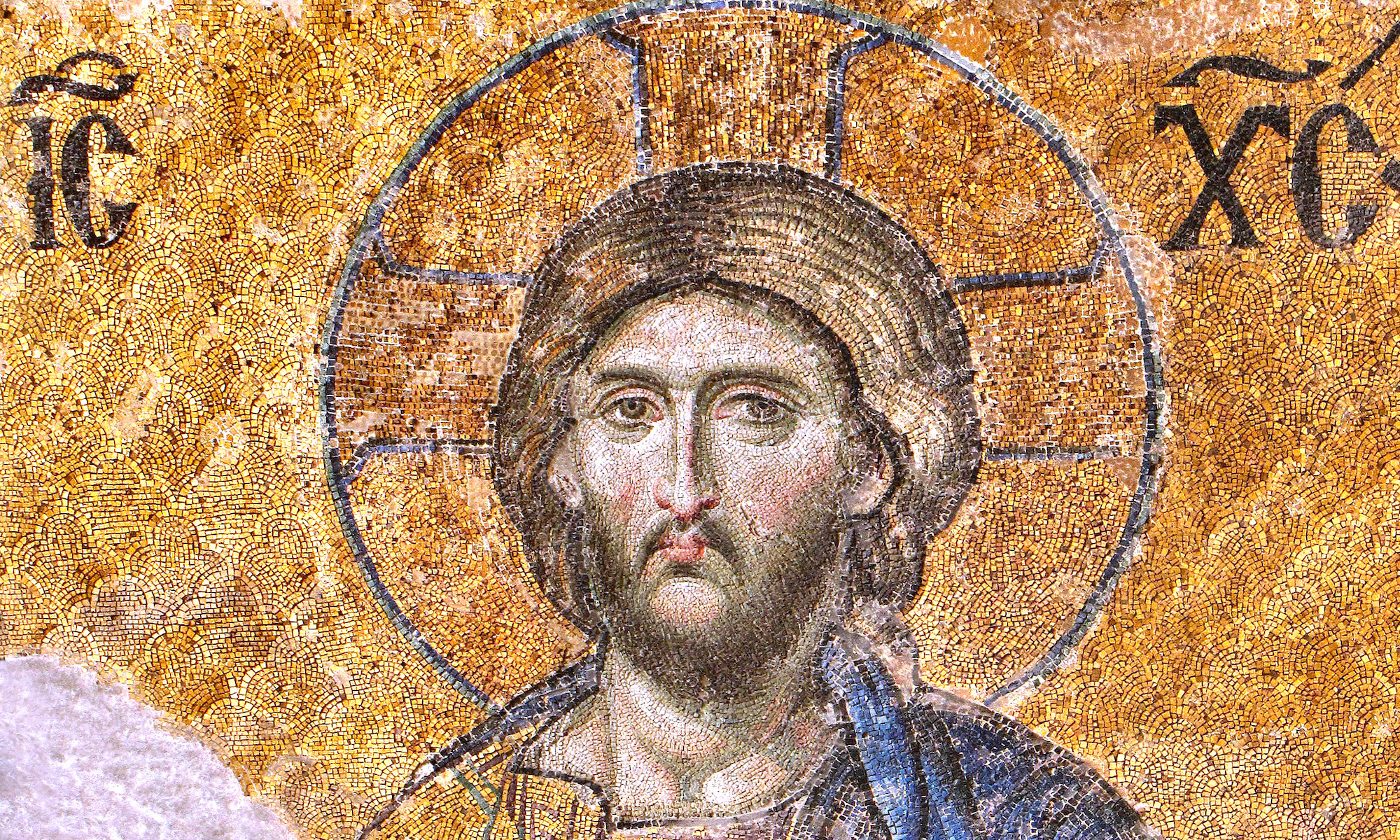The “sermon after the sermon…”: a couple more implications of the Annunciation and the Incarnation.
Podcast: Play in new window | Download
Subscribe: RSS

St. John of Shanghai Orthodox Church
The English-language Orthodox Church in Vancouver, BC
The “sermon after the sermon…”: a couple more implications of the Annunciation and the Incarnation.
Podcast: Play in new window | Download
Subscribe: RSS
My opening quote from C.S. Lewis here is more or less correct, but it’s actually C.S. Lewis quoting someone else. Here’s the full quote, with context, from C.S. Lewis’ spiritual autobiography, Surprised by Joy (with thanks to Rachel for the correction and the citation!):
‘Then I read Chesterton’s Everlasting Man and for the first time saw the whole Christian outline of history set out in a form that seemed to me to make sense. Somehow I contrived not to be too badly shaken. You will remember that I already thought Chesterton the most sensible man alive “apart from his Christianity”. Now, I veritably believe, I thought–I didn’t of course say; words would have revealed the nonsense–that Christianity itself was very sensible “apart from its Christianity”. But I hardly remember, for I had not long finished The Everlasting Man when something far more alarming happened to me. Early in 1926 the hardest boiled of all the atheists I ever knew sat in my room on the other side of the fire and remarked that the evidence for the historicity of the Gospels was really surprisingly good. “Rum thing,” he went on. “All that stuff of Frazer’s about the Dying God. Rum thing. It almost looks as if it had really happened once.” To understand the shattering impact of it, you would need to know the man (who has certainly never since shown any interest in Christianity). If he, the cynic of cynics, the toughest of the toughs, were not–as I would still have put it–“safe”, where could I turn? Was there then no escape?’
Podcast: Play in new window | Download
Subscribe: RSS